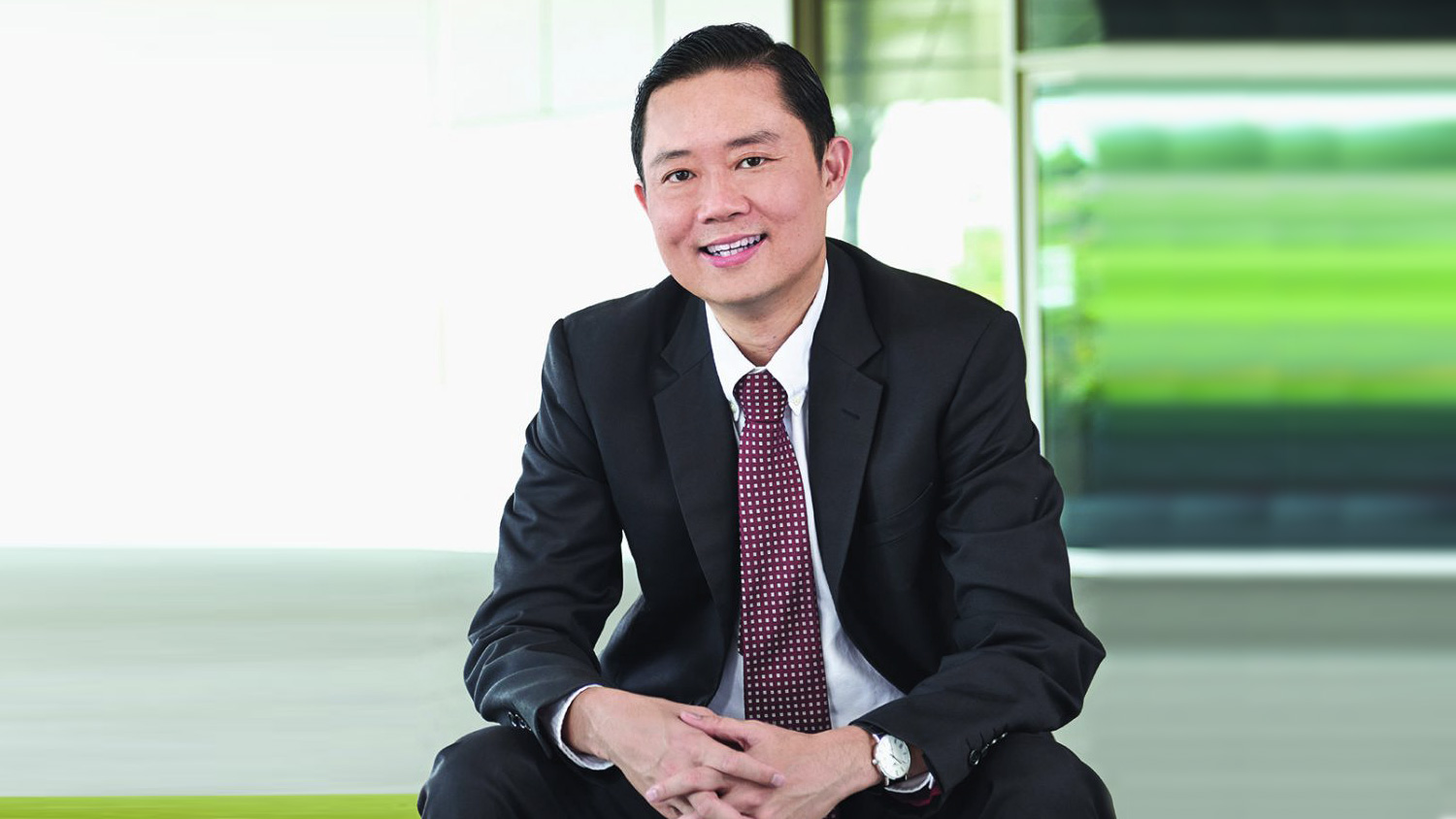Deep Tech Daredevil: Entrepreneurial Scientist Louis Phee
Fri, 07/26/2019 - 12:00
Something about the simple act of eating together has long spurred creativity. For Singaporean mechanical engineer Louis Phee, it is not the cliched back of the napkin that has been immortalised in his startup’s origin story, but the fiery chilli crab on the table.
In 2004, Phee was having dinner with Lawrence Ho Khek Yu, a gastroenterologist (and eventual co-founder), and another unnamed surgeon. Ho said that although an endoscope could be used to observe a patient’s internal organs with minimal invasion, it did not allow for therapeutic procedures. The surgeon complained that patients had to still endure the incisions and long hospitalisations associated with surgery.
That dinner conversation ultimately led to the Master and Slave Transluminal Endoscopic Robot (MASTER), whose crab pincer-like effectors at the end of an endoscope are like miniaturised versions of a surgeon’s arms and hands, able to manoeuvre and operate in the digestive tract’s tight passages.
After several product iterations, MASTER performed its first successful in-person trials in Hong Kong and India in 2011, extracting cancerous stomach tumours through the oesophageal passages of five patients, shortening a surgery that would have previously taken eight hours followed by a hospitalisation stay to just twenty minutes.
Phee and Ho’s startup, EndoMaster, is now in the process of bringing MASTER to the market—final clinical trials are slated for this year—while working on other medical robotics products. A S$4m Series A investment in 2013 from Japanese firm Hoya Corp, the parent of Pentax Medical (the world’s second-largest endoscope maker), has been particularly helpful, says Phee, as it has offered them not just brand name recognition and validation, but back-end support and expertise.
RELATED ARTICLE: STEP-BY-STEP GUIDE TO COMMERCIALISING SCIENTIFIC RESEARCH
For Phee, now Dean of the College of Engineering at Nanyang Technological University, the road to academia, innovation and entrepreneurship was not immediately apparent. After graduating from NTU in 1996 with a bachelor’s in engineering, he joined HP as a process engineer, intending to embark on a corporate career. “One year at HP taught me that the usual mundane engineer’s job is not for me.”
Phee’s thoughts drifted back to his NTU final-year project (FYP), in which he dabbled in medical engineering. He returned to NTU for his master’s degree, to study medical robotics under the same FYP advisor. That led to a PhD from Scuola Superiore Sant’Anna, Pisa, Italy, in 2002. As part of his PhD, he built a tiny robot that can literally crawl up your behind—mimicking an inchworm, it moves from the rectum into the colon to look for cancer.
Phee’s journey suggests that entrepreneurs need to constantly interrogate traditional beliefs. After all, it is a good thing that Phee never stopped playing with his food.
In the Deep Tech Daredevils: The Rise of Entrepreneurial Scientists Insights Paper, we interviewed founders and experts who shared their journey from lab to market. Download the full report to read more on their motivations, views and experiences.






